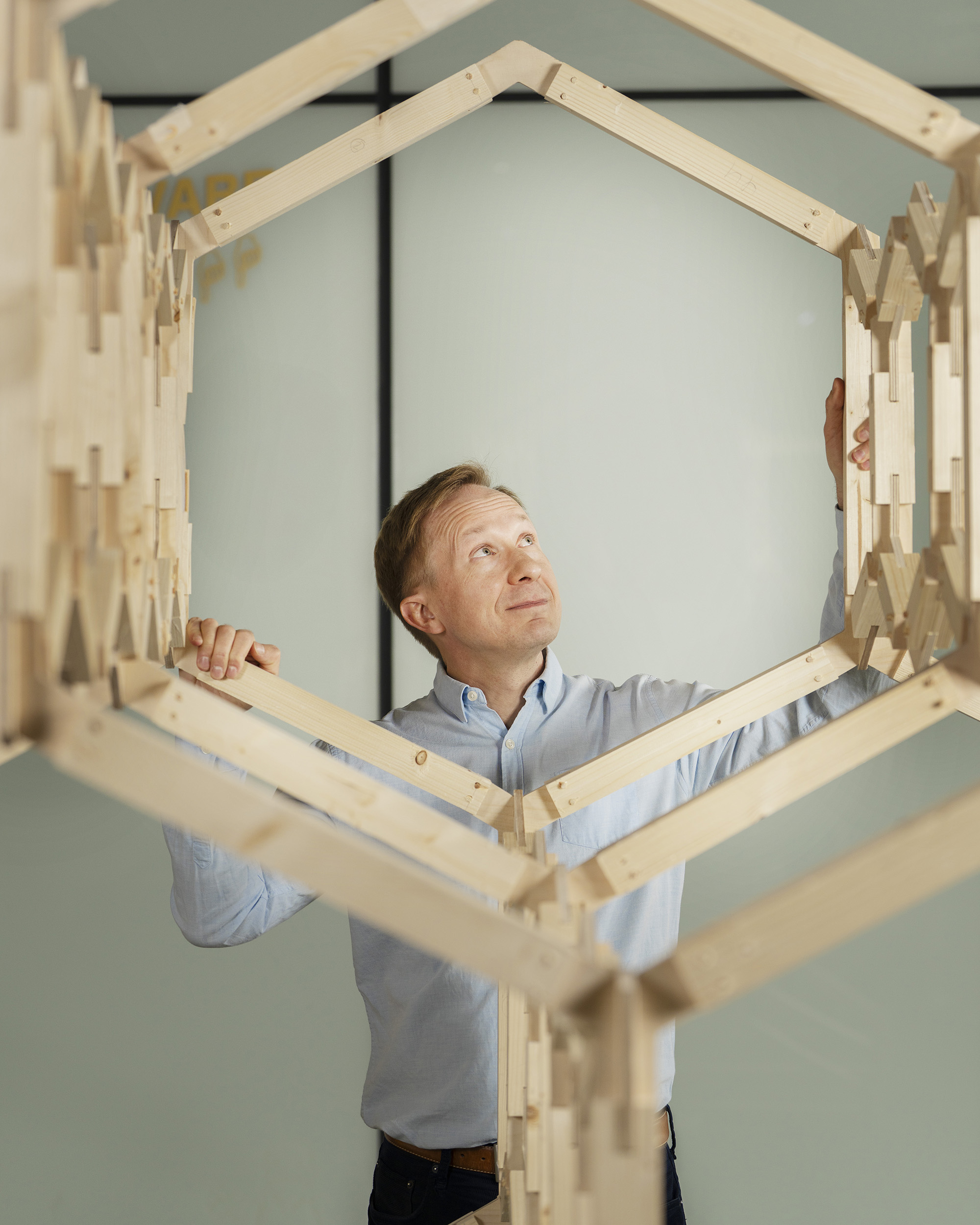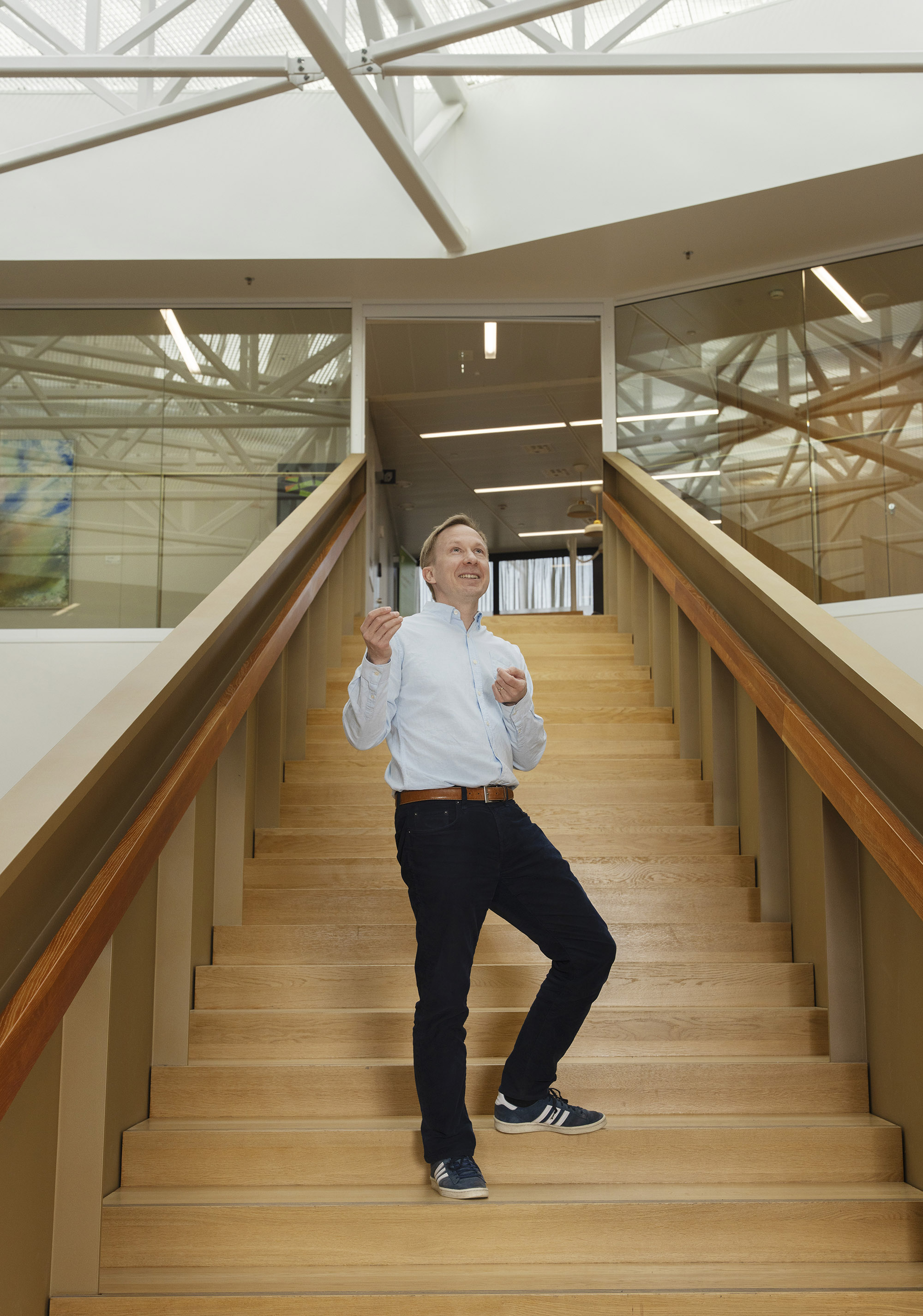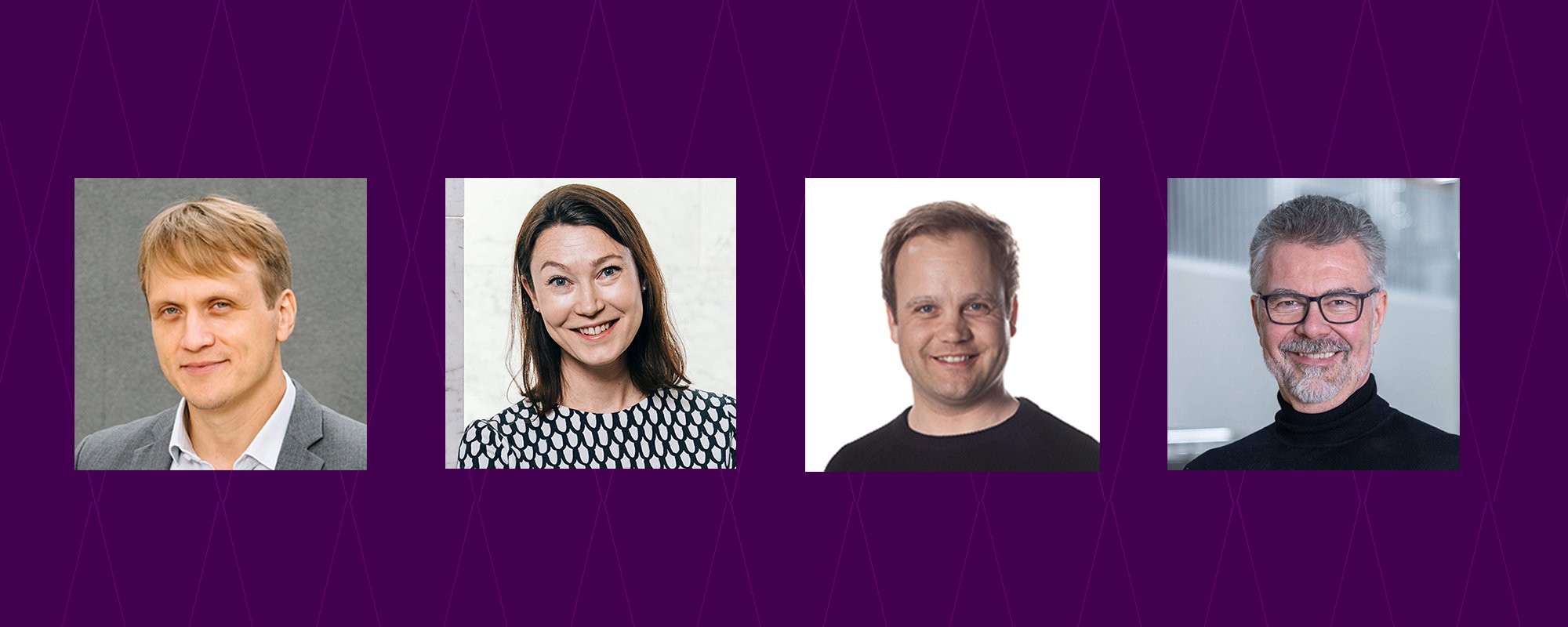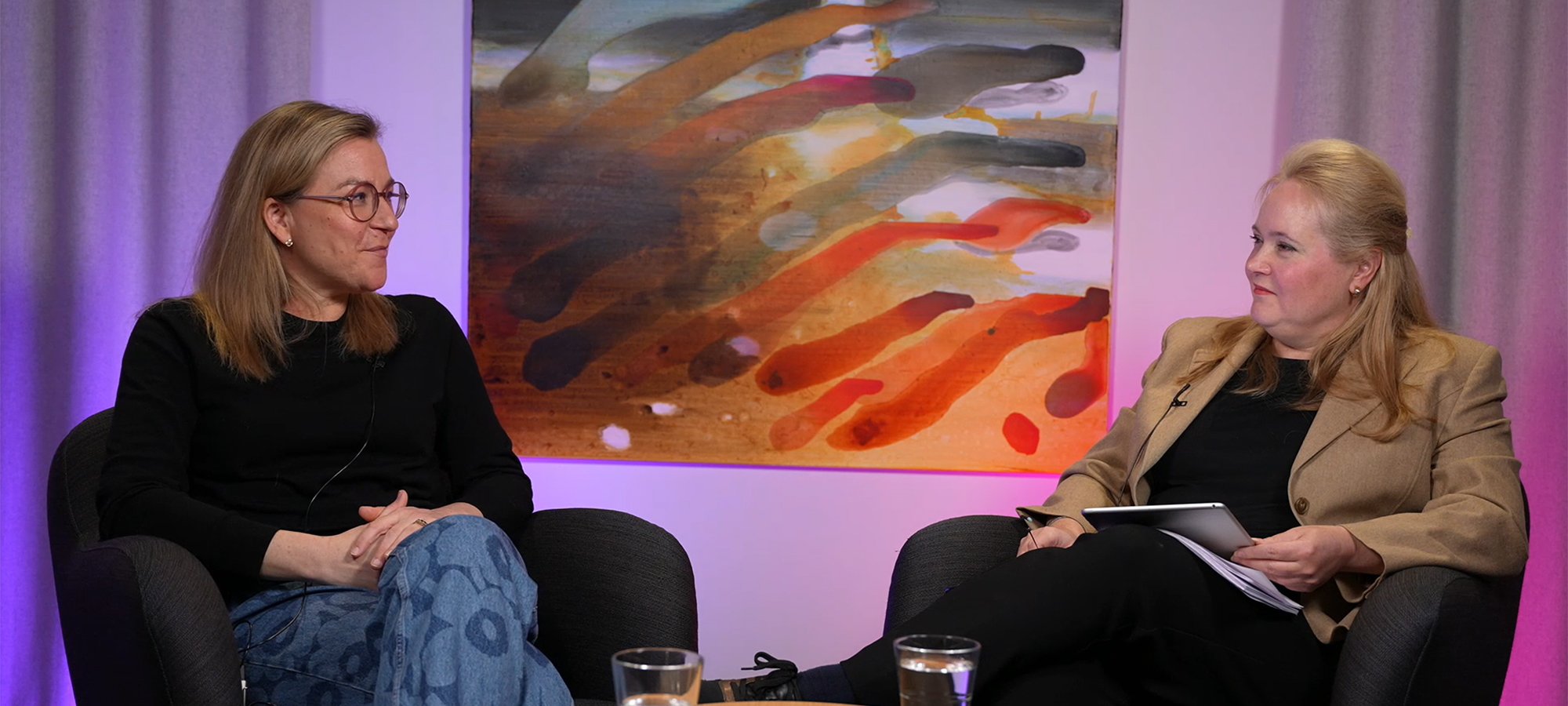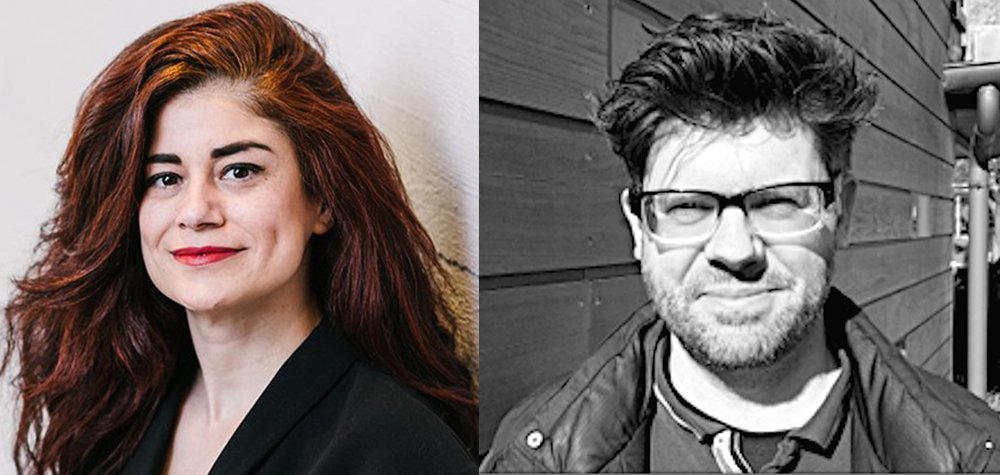What do you do in the Smarter Work with Generative AI project?
“We’re investigating how Finnish exporting companies build processes and services that utilize generative AI. What’s their take on AI? What problems do they face in implementation?
From the results we’ve obtained so far, we can see that generative AI has rapidly increased productivity and the quality of work.
Greater benefits will come when we can create new kinds of value and comprehensive changes.
For example, AI can analyze a bank’s customer calls: what competitors’ products are being talked about, what kinds of questions do customers have? It used to take months or more to bring such valuable information into decision-making.”
"The possible increase in loneliness is a serious problem. They may not need to speak to colleagues as much."
How does AI affect human relationships in the workplace?
“All new technologies affect power relations in the workplace. Some see AI as something that boosts their career and helps them get more things done, while others see it as a threat.
It is important to learn together and share tips. There are people of all ages who are really good at using generative AI.
The possible increase in loneliness is a serious problem. People can solve problems more independently. They may not need to speak to colleagues as much.
I hope we’ll develop more new things together: when routine work gets easier and faster, the competitive advantage would come from innovating and building something new together.”
|
|
| Schildt hopes that as routine work gets easier and faster, it will free up time for innovating and creating new together. |
What is the impact on learning and creativity?
“Some findings show that people learn more.
The results seem positive also in terms of creativity. With AI, we can innovate and produce more creative output.
On the other hand, we know that true creativity takes time. Considering the fast pace of our work, will it be so that only a few people can take the time to be creative? What if everything we create will be an anonymous property of the organization that goes to the AI system—surely that can’t help but affect our attitude?
There used to be a slow food movement for food. Maybe we need slow work too.”
What do you hope every leader understands from your results?
“It’s important that people use AI so that they understand what it’s good at and how it works.
The real benefit comes when the organization starts to rethink its operations.
Change won’t end in a moment, and many kinds of skills are needed: IT skills and substantive knowledge related to processes.
"Our work can also become more interesting, more social, more creative, and less boring."
Change leadership skills: how to get everyone motivated and involved and how to create an atmosphere where AI is not seen as a threat.
AI comes with many issues and challenges, but our work can also become more interesting, more social, more creative, and less boring.”
How do you use generative AI?
“I ask it to criticize and simplify what I say.
I ask how XYZ works and what people think about it.
I think AI is better at proofreading texts and correcting language than people. It gives suggestions on how to write things differently.
I have started programming again – the last time was in the early 2000s. With the help of AI, I can create quite sensible software.
In my spare time, I often look at what’s in the fridge and ask what could be done with these ingredients. I get some cool ideas and may have decreased food waste.”

















